About the Artist: Anne Muñoz
March 21, 2018Anne Muñoz resides in Salt Lake City with her husband. Trained in art and textile design, she worked as a freelance graphic artist for many years but continued to produce her own artwork, taking part…

Anne Muñoz resides in Salt Lake City with her husband. Trained in art and textile design, she worked as a freelance graphic artist for many years but continued to produce her own artwork, taking part…
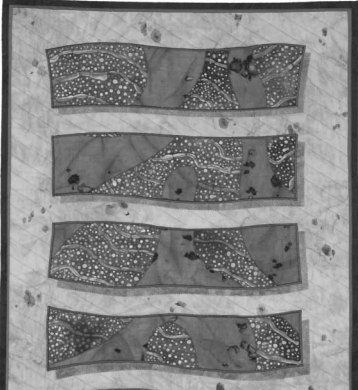
In the fall of 1990, I was retired and we were back in academia fulltime at BYU: Carol was studying anthropology and I was studying English. We went to the University of Utah to listen…

In June 2004, I found myself, late on a Saturday night, climbing underneath the dressing room doors of the Manhattan New York Temple. Audio/visual equipment for the next morning’s temple dedication blocked most of the dressing room doors, but my goal was to reach every locker in both the men’s and women’s dressing rooms. Each key needed to be labeled with the corresponding locker’s number, and then a spare key had to be placed in the temple’s facilities closet.

Kevin Holdsworth is a real salt-of-the-earth Wyoming transplant much like my alkali-of-the-earth ancestors who settled the Big Horn Basin in 1900. A bona fide naturalist-environmentalist, he fearlessly explores trailheads in the mountains around him, speaking…

The Marrow of Human Experience collects seventeen of William A. (“Bert”) Wilson’s essays from three decades of a distinguished career. The topics of the essays vary, but all of them reflect, in one way or…
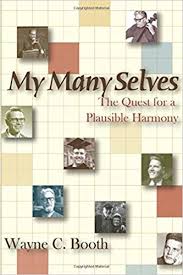
Wayne C. Booth’s autobiography is unusual for its genre. My first response, quite frankly, was disappointment. Unlike some authors who deem their life stories important enough to publish, Booth chose not to celebrate his tremendous…
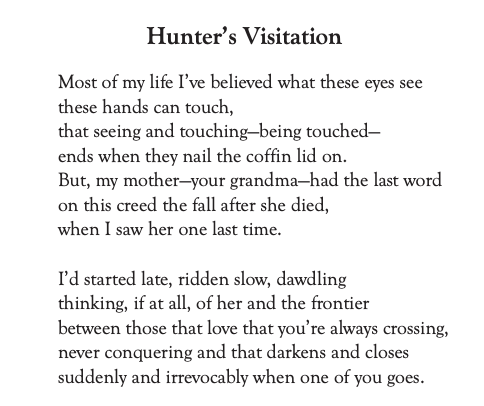
Most of my life I’ve believed what these eyes see
these hands can touch,
that seeing and touching—being touched—
ends when they nail the coffin lid on.
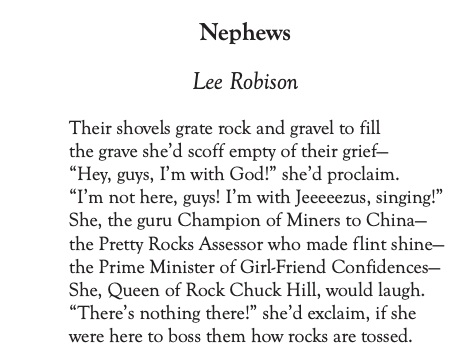
Their shovels grate rock and gravel to fill
the grave she’d scoff empty of their grief—
“Hey, guys, I’m with God!” she’d proclaim.
“I’m not here, guys! I’m with Jeeeeezus, singing!”
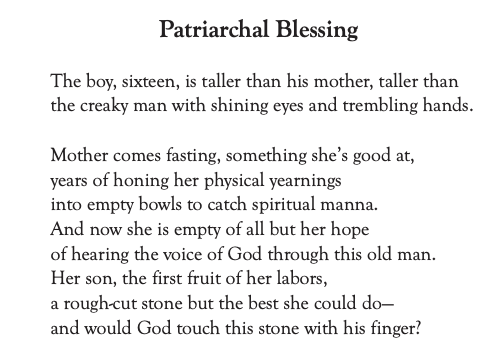
The boy, sixteen, is taller than his mother, taller than
the creaky man with shining eyes and trembling hands.
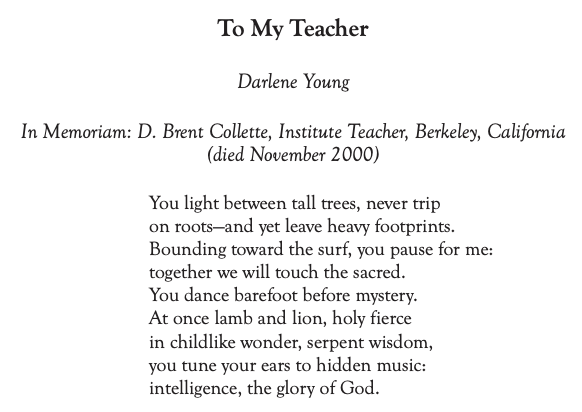
You light between tall trees, never trip
on roots—and yet leave heavy footprints.
Bounding toward the surf, you pause for me:
together we will touch the sacred.